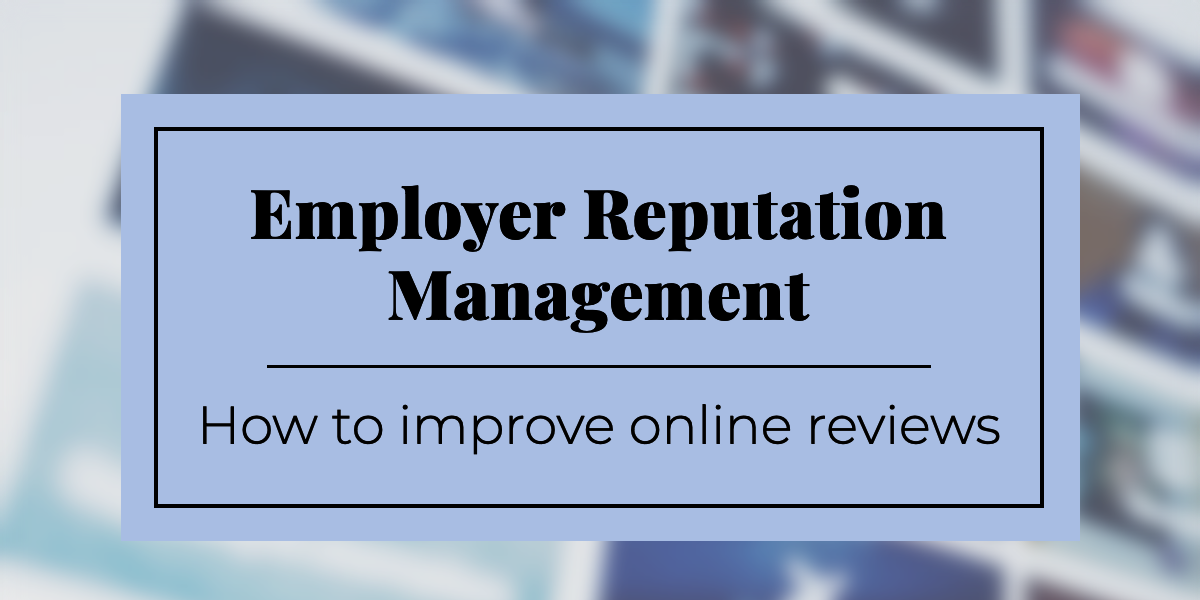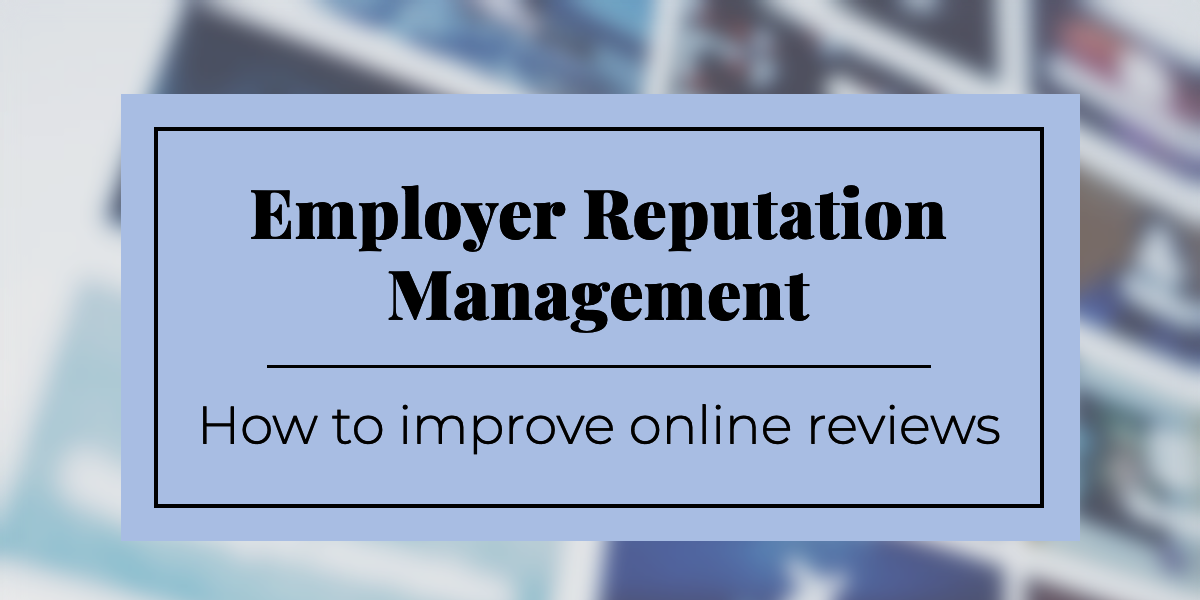
What’s the first thing you do before you buy a new piece of furniture? Visit a new restaurant? Book a room at a hotel? If you’re like 93 percent of consumers, according to data from Podium, you turn to online reviews to inform your purchase decisions.
When it comes to making a choice, people are more likely to seek out and trust insight from their peers as opposed to the information shared by the businesses themselves. And as it turns out, people rely on word-of-mouth whether they’re buying a pair of shoes or applying for a job.
In fact, job seekers read an average of six reviews before applying for a job opening, according to Glassdoor. And 69 percent of people say brand strength is either important or very important when deciding whether or not to accept a job offer, according to an MRI Network study.
As an HR manager, this can sometimes be frustrating. While you work hard to foster a healthy employer reputation by enhancing the workplace culture, even just one negative review can repel potential applicants. And the more negative reviews you earn, the harder it becomes to redeem your reputation, attract top talent and keep your organization thriving.
Here are a few tips to help you better manage your employer reputation and overcome negative reviews:
Perform an employer reputation audit
Before you can begin strengthening your employer reputation, you first need to know where you stand. The best way to get started is to scan some of the most popular review sites and gather information about what current and past employees like and dislike about your company.
Here are a few places to get started:
Take time to thoroughly read each review, especially those published within the past two years. Identify common themes and make notes to help guide your strategy moving forward.
Claim your business
Most employee review sites give you the option to “claim” your employer page. Once you’re verified as a representative of your organization, you can respond to reviews and edit the information contained within your company profile to ensure it’s accurate and relevant. For example, you may have an opportunity to publish your mission statement, list popular employee perks and add a link to your website or other company information.
Keep in mind that people can leave reviews whether you claim your page or not. By managing your page, you’ll have greater control over your reputation.
Monitor reviews and respond as appropriate
Schedule time each week to check in on popular review sites to see if you’ve earned any new ratings or comments. While you don’t necessarily need to respond to all ratings, it’s good practice to address particularly negative or inflammatory reviews. And, as an HR leader, you know how critical it is to keep a cool head amidst conflict.
When crafting a response, start by thanking the employee for their feedback. Then, objectively address their concerns and invite them to contact you directly should they have any further questions or concerns. Proactively responding to these reviews will show potential applicants that you value employee feedback and take workplace concerns seriously.
It’s crucial you remind management to never confront or discriminate against an employee who is suspected of leaving a negative review. And it’s essential you always investigate claims of mistreatment or misconduct. While some unfavorable responses may be nothing more than heated words from a disgruntled ex-employee, others may help you uncover serious issues within your company culture.
Encourage employee feedback
Only 1 in 5 applicants would consider working for an employer with a one-star rating, according to data from CareerArc. But if your company only has a couple of one-star ratings in a sea of four and five-star reviews, job seekers are less likely to weigh those negative responses as heavily.
While it’s useful to invite employees to submit their reviews, it’s more important to create an overall culture of feedback within your organization. Ensure managers are regularly asking for feedback from their team members, and allow employees to easily (and discreetly, if necessary) share their suggestions for improvement. When people offer their ideas or criticisms, be sure to address them. This way, you can solve employee challenges before they become permanent online reviews.
Employee reviews are quickly becoming a more significant part of the hiring process — especially when job seekers are evaluating possible workplaces and weighing multiple job offers. And as an HR manager, it’s your responsibility to foster and protect your employer’s reputation. By carefully monitoring online reviews, consistently responding to negative comments and creating a culture where employees feel like they can safely share their opinions, you can improve your employer reputation and attract top-quality applicants.
